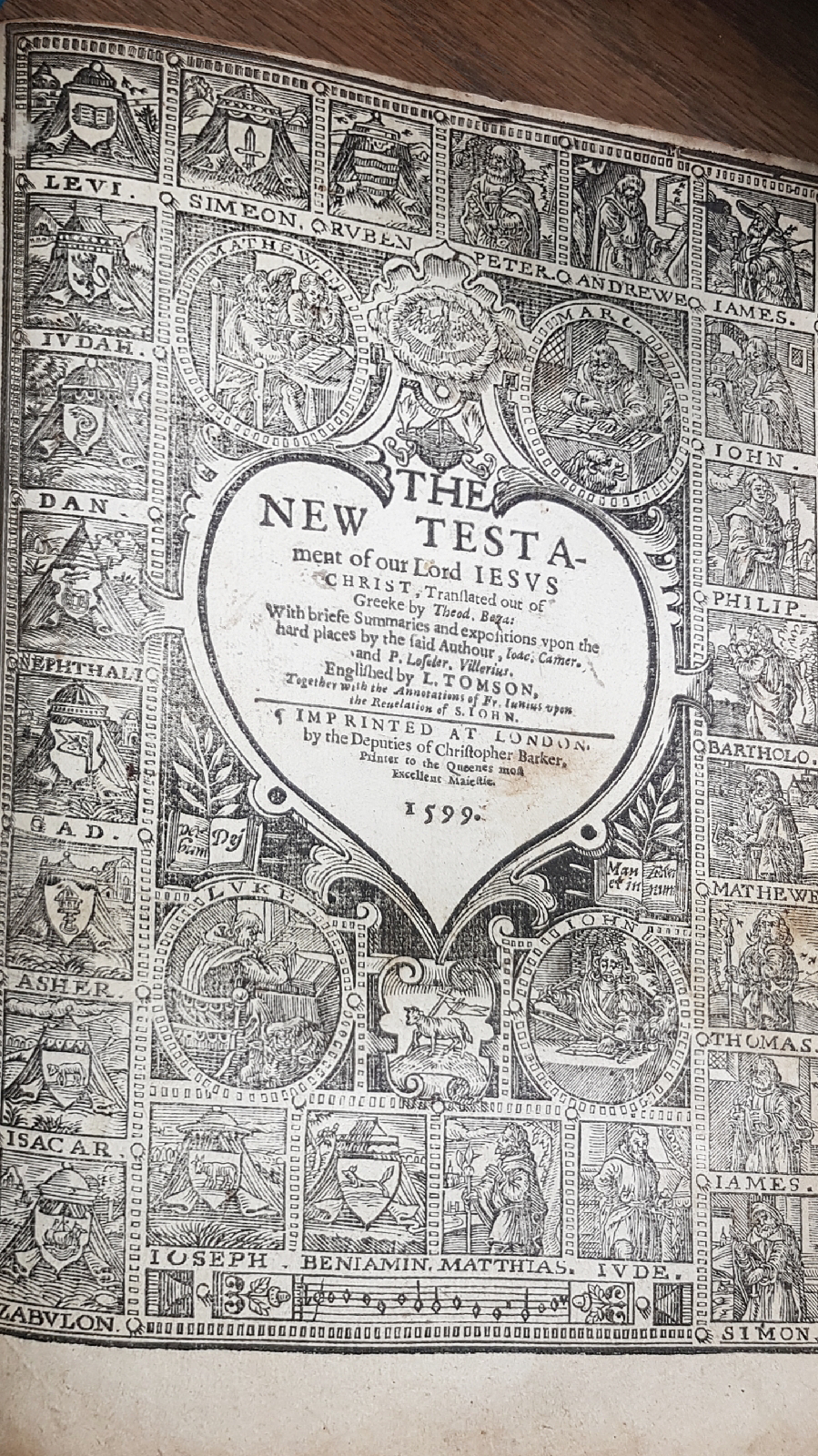Saturday, 6 February 2021
Friday, 5 February 2021
Sunday, 3 January 2021
Fyodor Dostoyevsky, The Brothers Karamazov
What is hell? I maintain that it is the suffering of being unable to love.
Based on Fyodor Dostoyevsky, The Brothers Karamazov
Flemish painter Jan van der Straet, known by his Italian name “Stradanus,” completed a series of illustrations of the Divine Comedy between 1587 and 1588, currently preserved at the Laurentian Library in Florence. This illustration refers to Canto VIII, where the wrathful and slothful are punished. Stradanus combines elements of Italian Mannerism, such as painstaking attention to detail, with distinctive Flemish traits like the physiognomy of the demonic figure steering Dante’s boat, who shows a deeply harrowing expression.
gentleness to animals
“... surely we ought to show kindness and gentleness to animals for many reasons, and chiefly because they are of the same origin as ourselves.”
~ St. John ChrysostomThe wicked bible
The Wicked Bible, also known as the Sinner’s Bible, originated in 1631. It was the product of the Royal Printers in London, Robert Barker and Martin Lucas, who accidentally let a rather important typo slip by.
Unfortunately, it was in a rather popular part of the text — Exodus 20:14, otherwise known as the Ten Commandments.
Everything seems fine until you get up to commandment number six — thou shalt not commit adultery.
It seems that somehow the rather important “not” part of that sentence was missing. Instead, the commandment read — Thou shalt commit adultery.
Only roughly a thousand of these copies were made and it took a year for the mistake to come to light. While most of the Wicked Bibles were rounded up and destroyed, 15 still remain.
That’s not the only typo
While the Commandment blunder is the most famous typo in the Wicked Bible, it’s not the only one.
In fact, another big one can also be found in Deuteronomy 5:24, where it reads “And ye said, Behold, the Lord our God hath shewed us his glory and his great-asse.”
Clearly, that was supposed to say “greatness”.




















